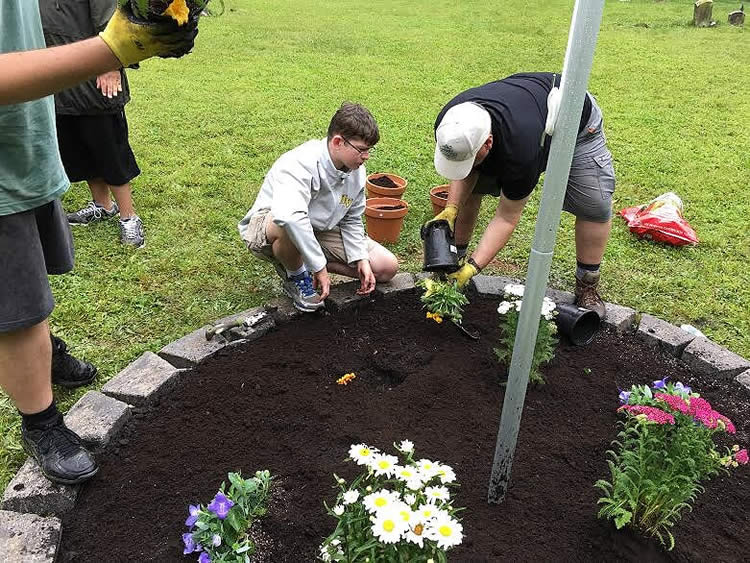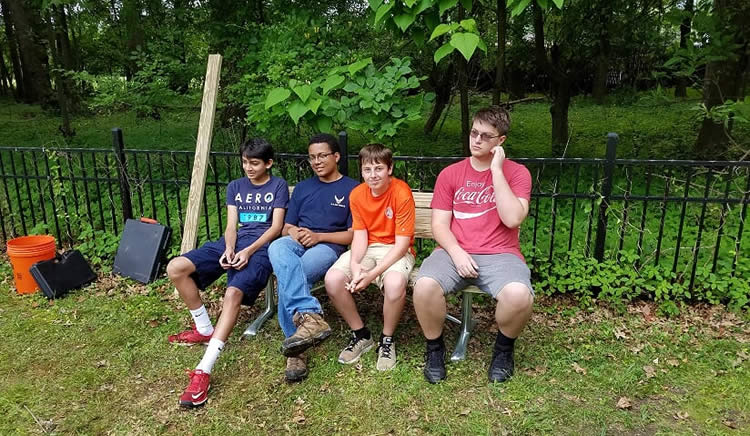Give / Donate

We are thrilled to announce that PACA-Ed (The Pennington African Cemetery Association Educational Foundation) has officially received 501(c)(3) status. This important milestone enhances our fundraising efforts by providing tax benefits for individual and corporate donors. Your generous donation can help The Pennington African Cemetery in many ways. PACA-Ed has many important initiatives including community outreach and land preservation. We are currently focused on the following efforts:
- Driveway improvement
- Landscaping
- Headstone preservation
- Gate/flagpole upkeep and repairs
- Educational speaker fees
- Educational program costs
Your generous donation of any amount will help us achieve these important objectives. Please take a moment to visit our website to learn more about how you can get involved. Together through education we will honor our past, preserve our legacy and connect our community.

GROUNDS PRESERVATION:
The Pennington African Cemetery (PACA) grounds are maintained lovingly by the family members of the interred. Since the last burial occurred in the 1960’s, many family members have moved from the area or are now deceased, causing a financial hardship on local relatives and community volunteers to manage the land. It can cost up to $25,000 a year in landscaping fees and headstone preservation costs. Your generous donation will be used for lawn mowing, snow and leaf removal, gardening, fence and flagpole maintenance and general projects to protect and beautify the land.

PACA-ED, THE PENNINGTON AFRICAN CEMETERY ASSOCIATION EDUCATIONAL FOUNDATION:
The rich history of the lives interred in The Pennington African Cemetery is to be preserved and passed onto future generations within our entire community. So much can be learned by visiting and learning about the lives of those laid to rest on the PACA grounds. The souls of the men, women and children each paid a great debt to our society on a local and national level. To ask why our cemeteries were segregated by color in the 1800’s is just one step in unraveling a chapter in American history that largely goes unnoticed in our nations curriculum. To further explore the lives of the individuals who helped build The Pennington Community, a community that thrives today largely because of their struggle, is to peel back a layer of local history that can illuminate the complicated relationship of race relations in this country.
|
